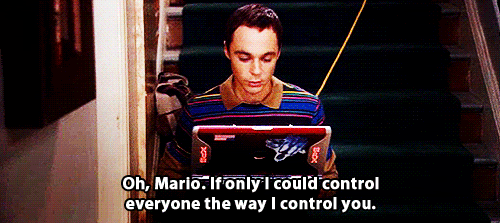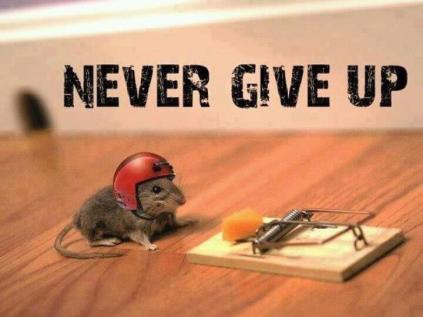There is nothing more surreal than a realized dream.
Nothing.
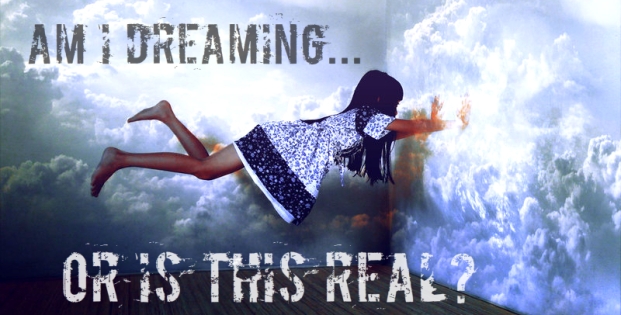
I’ve dreamed of so many little things: the day I get to change my Twitter bio to say “repped by _____”, or the moment I get to post the announcement, “Guess what everybody! I’ve signed with ____.” I wondered if the real moment would be as gut tinglingly thrilling as in my daydreams.
And it was.
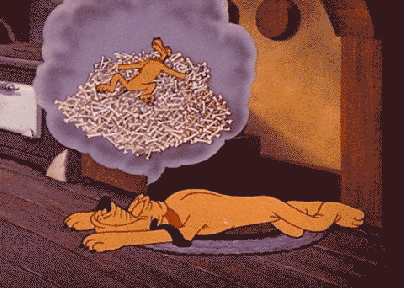
In December of 2015, over Christmas break, I wrote my fifth book, and my first thriller. It gushed out of me, a lake from a leaking dam. It was different than anything I’d ever written. This main character had no traces of me in her. She was someone I didn’t know, someone I’d discovered, and gotten to know. I was scared of her and mesmerized by her, and felt for her.
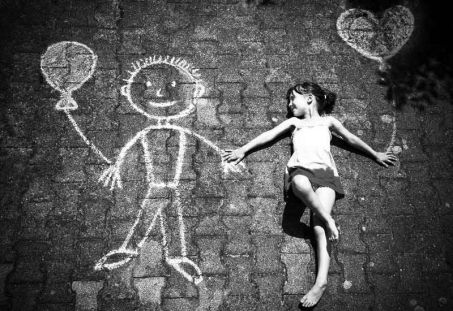
Me and my new imaginary friend.
I didn’t want to query this book right away, which was out of character for me. I’m usually dying to get it out there when it’s done. Years of writing was finally starting to mature me though, so I waited. After taking my time to polish, I decided to start querying seriously in April, 2016. By May I had serious interest. I received phone calls from agents in June. Things were happening. For real. I couldn’t believe it. Not long after, I saw a pitch contest on Twitter. I hadn’t planned on entering it, but I make a habit of always having pitches in my back pocket, ready to go if needed. It was a busy day, and I didn’t have time to tweet all day, so I just put one tweet out.
One tweet.
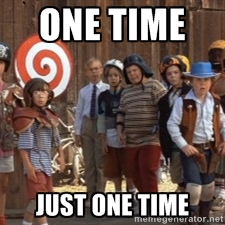
It received attention from a few more agents that would later result in some wonderful conversations with real, beautiful, talented people. Offers of representation came in July. Was this really happening? Yes, in fact, it was. But a strange thing occurred. Something I didn’t expect. Something that sort of sucked a little bit of the joy out of the process for me. The decision. I didn’t realize how emotionally connected I would become to the people who showed interest in my manuscript. They were so encouraging and they believed in my work. They believed in me! They had ideas and visions for the future. My decision meant I would be ending those dreams for someone. I don’t know how agents make these kinds of stress-filled decisions on a daily basis. I’m in awe of what they do.
 After much consideration, many late night talks and drives with my other half, my husband and I made a decision. A beautiful decision. I would be represented by Sharon Pelletier of Dystel and Goderich Literary Management in New York.
After much consideration, many late night talks and drives with my other half, my husband and I made a decision. A beautiful decision. I would be represented by Sharon Pelletier of Dystel and Goderich Literary Management in New York.
I am thrilled about the journey ahead. I’ve done a lot of thinking about what made this book more successful than the others I’ve written. I hope that maybe some of my reflection will help other authors out there on the same journey. Here are the factors, beyond the fact that lots of reading and writing and time have grown me as a writer, that I believe helped this time around. Timing. I’ve always hated when other authors mention this, because it takes the control out of my hands. But sometimes it’s a right time/right place scenario that comes into play. Marketability. I love every single one of my stories, but I think the plot for this one is timely for the market, and that helps. A concise pitch. For once, (thank you Jesus!) I was able to boil my whole book down to a single, hard hitting sentence. I believe, initially, this is what resulted in ten full requests right off the the bat. A good way to get your creative juices flowing in this direction is to look at the insides of book jackets to see how they describe their books. Apply it to your work, and let it inspire you! Waiting until it’s ready. Agents are always reading, always considering work. Getting yours out there faster doesn’t ensure you’ll get an agent. Good, polished writing will do that. And finally, networking. If you’re not on social media like Twitter, you’re missing out on entire writing communities that can be very helpful to your work and connect you with wonderful people. Writers conferences, online contests, and Facebook writer’s groups are all ways you can hone your work. I told someone the other day who was just starting this journey to think of it like college. You put four to five, maybe more, good years of hard work in to learn a skill so you can do it well. Expect to do the same thing in writing, before you make it to the next level. Then you’re not setting yourself up for disappointment, and the journey can be quite thrilling. It has been for me, and I can’t wait for what’s ahead.
Come with me!!
 MAMMOTH follows Natalie Page as she embarks on a summer internship in Texas at an archaeological dig. As a Science teacher and self-proclaimed #STEMgirl, I loved this book, but as a woman I loved it even more. Natalie is so many beautiful things. She is a woman in science. She is an artist who is constantly modifying her own clothing on the fly. She is a confident writer/blogger, and she soaks up all her aunt’s advice about being “awesome” just by being her. Natalie is fat, beautiful, and proud.
MAMMOTH follows Natalie Page as she embarks on a summer internship in Texas at an archaeological dig. As a Science teacher and self-proclaimed #STEMgirl, I loved this book, but as a woman I loved it even more. Natalie is so many beautiful things. She is a woman in science. She is an artist who is constantly modifying her own clothing on the fly. She is a confident writer/blogger, and she soaks up all her aunt’s advice about being “awesome” just by being her. Natalie is fat, beautiful, and proud.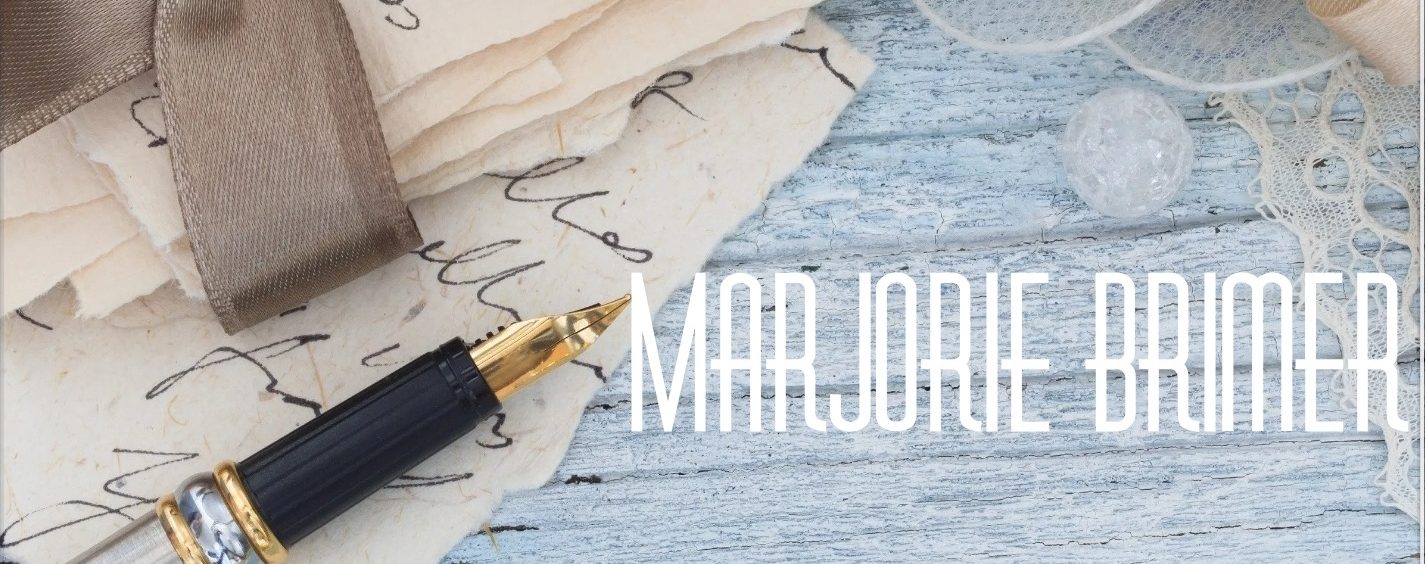
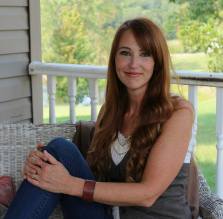
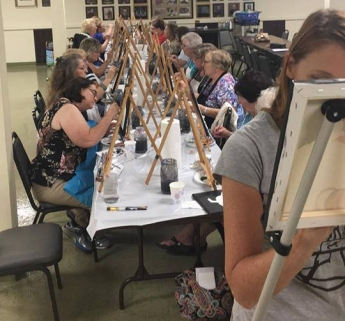
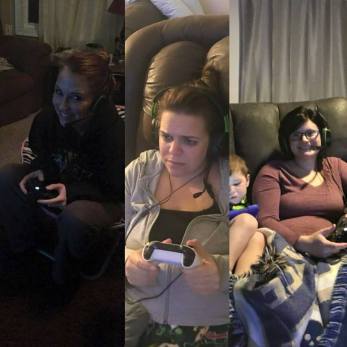
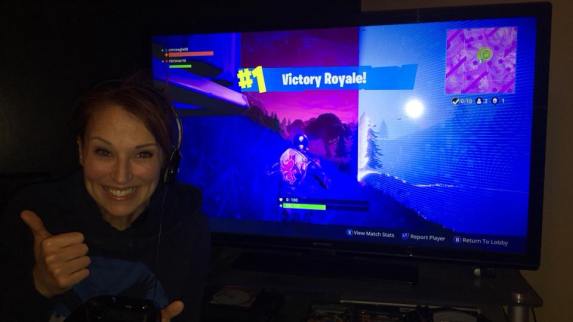
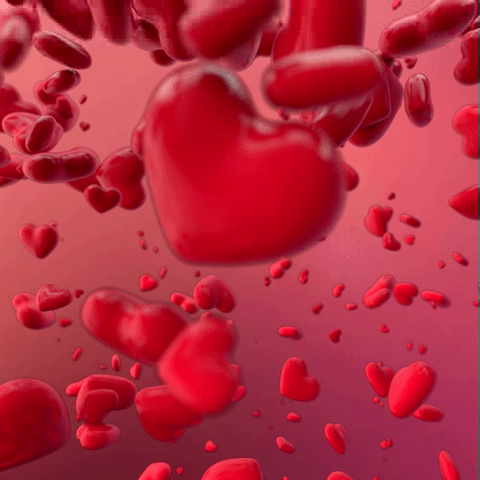

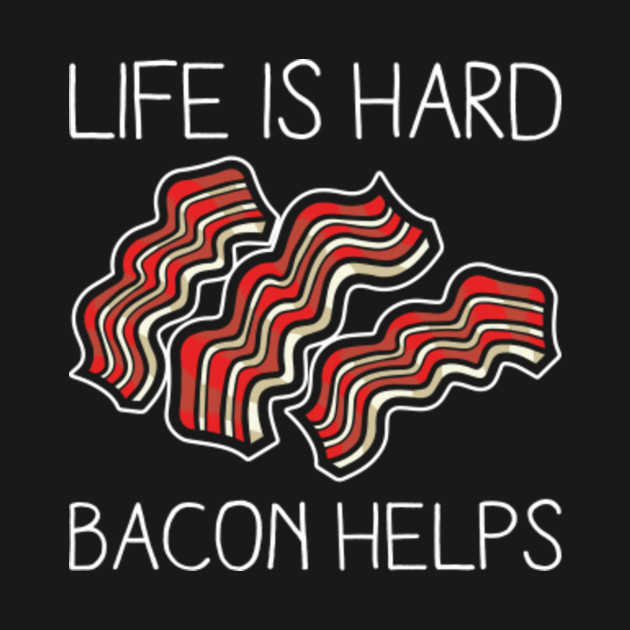

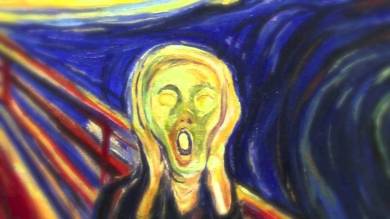

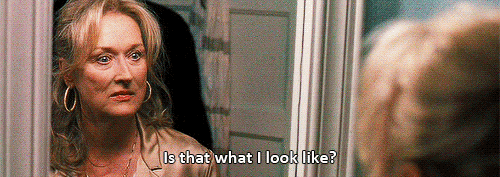

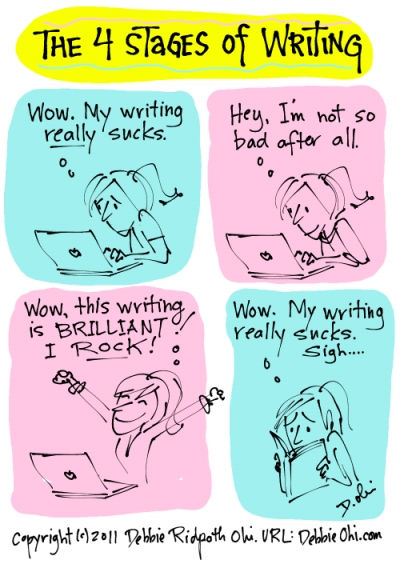


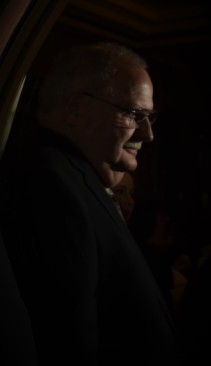 Vaughn is a writer and has been for nearly forty years. More than a dozen of his technical books could be found in bookstores all over the world—but most of you haven’t read them unless you’re a student of data architectures. After retiring from programs and databases, he turned his creative talents to coming of age stories and time travel. His latest books include his three-book YA series The Seldith Chronicles, and his three-book NA series The Timkers. Yes, as with his first technical books, these are all independently published. Leveraging his eye for graphics design, he creates his own covers and internal layouts. As you might have guessed, he’s also a graphics artist, photographer and world traveler. He spends his days writing, when he can, mentoring when he can and travelling, dabbling with computers and watching film noir.
Vaughn is a writer and has been for nearly forty years. More than a dozen of his technical books could be found in bookstores all over the world—but most of you haven’t read them unless you’re a student of data architectures. After retiring from programs and databases, he turned his creative talents to coming of age stories and time travel. His latest books include his three-book YA series The Seldith Chronicles, and his three-book NA series The Timkers. Yes, as with his first technical books, these are all independently published. Leveraging his eye for graphics design, he creates his own covers and internal layouts. As you might have guessed, he’s also a graphics artist, photographer and world traveler. He spends his days writing, when he can, mentoring when he can and travelling, dabbling with computers and watching film noir.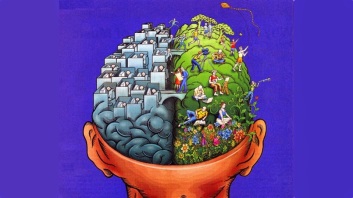
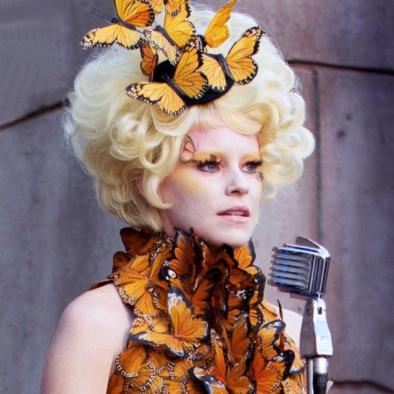

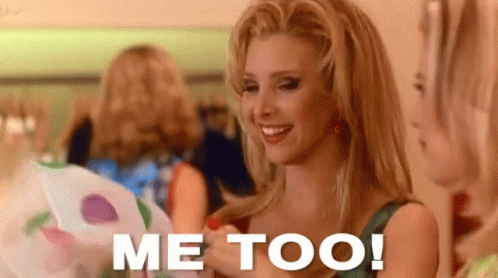
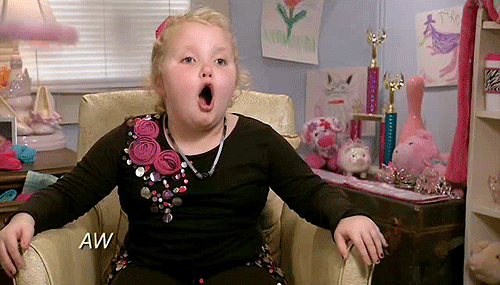
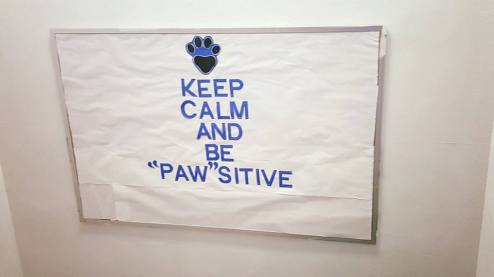
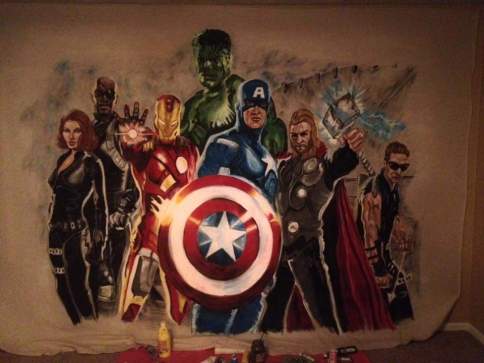
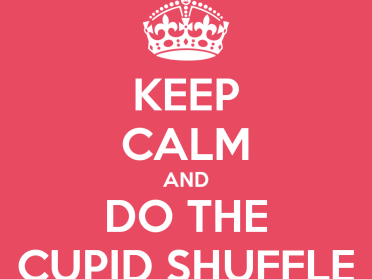
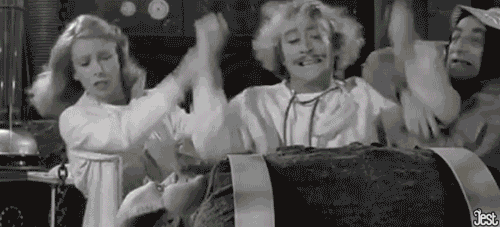
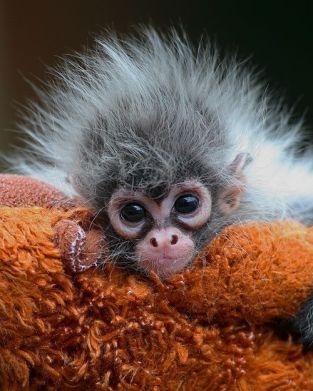

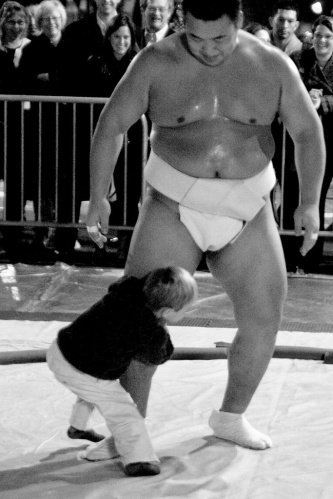
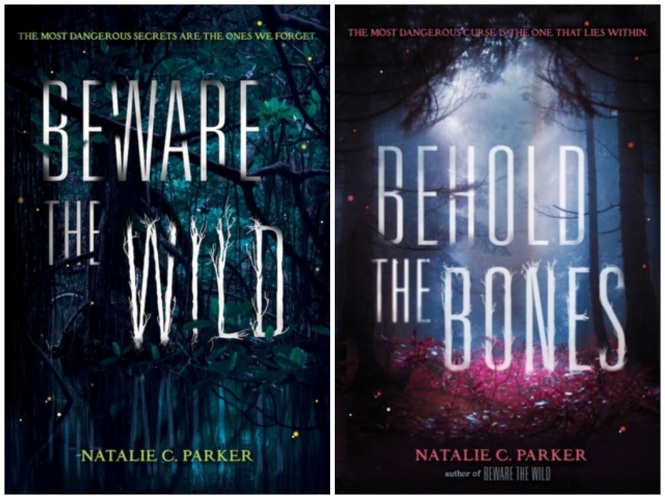


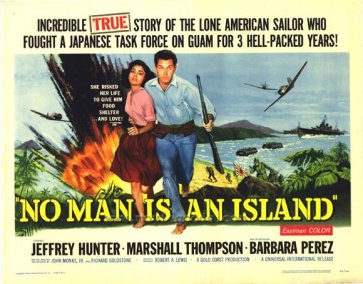





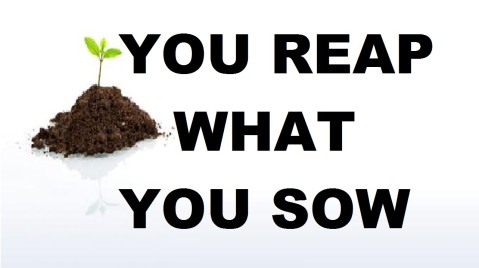




 After much consideration, many late night talks and drives with my other half, my husband and I made a decision. A beautiful decision. I would be represented by Sharon Pelletier of Dystel and Goderich Literary Management in New York.
After much consideration, many late night talks and drives with my other half, my husband and I made a decision. A beautiful decision. I would be represented by Sharon Pelletier of Dystel and Goderich Literary Management in New York.